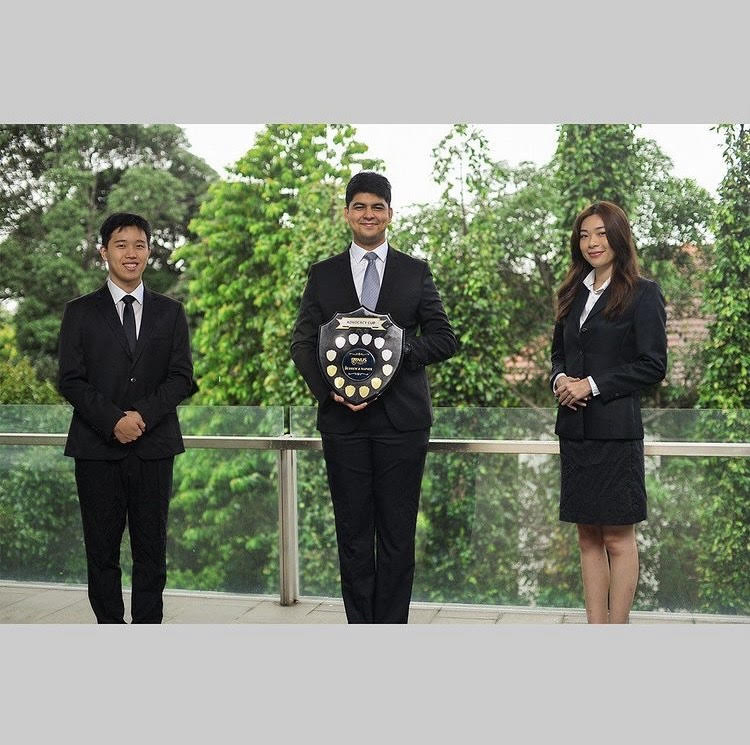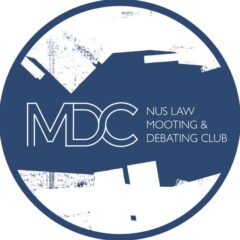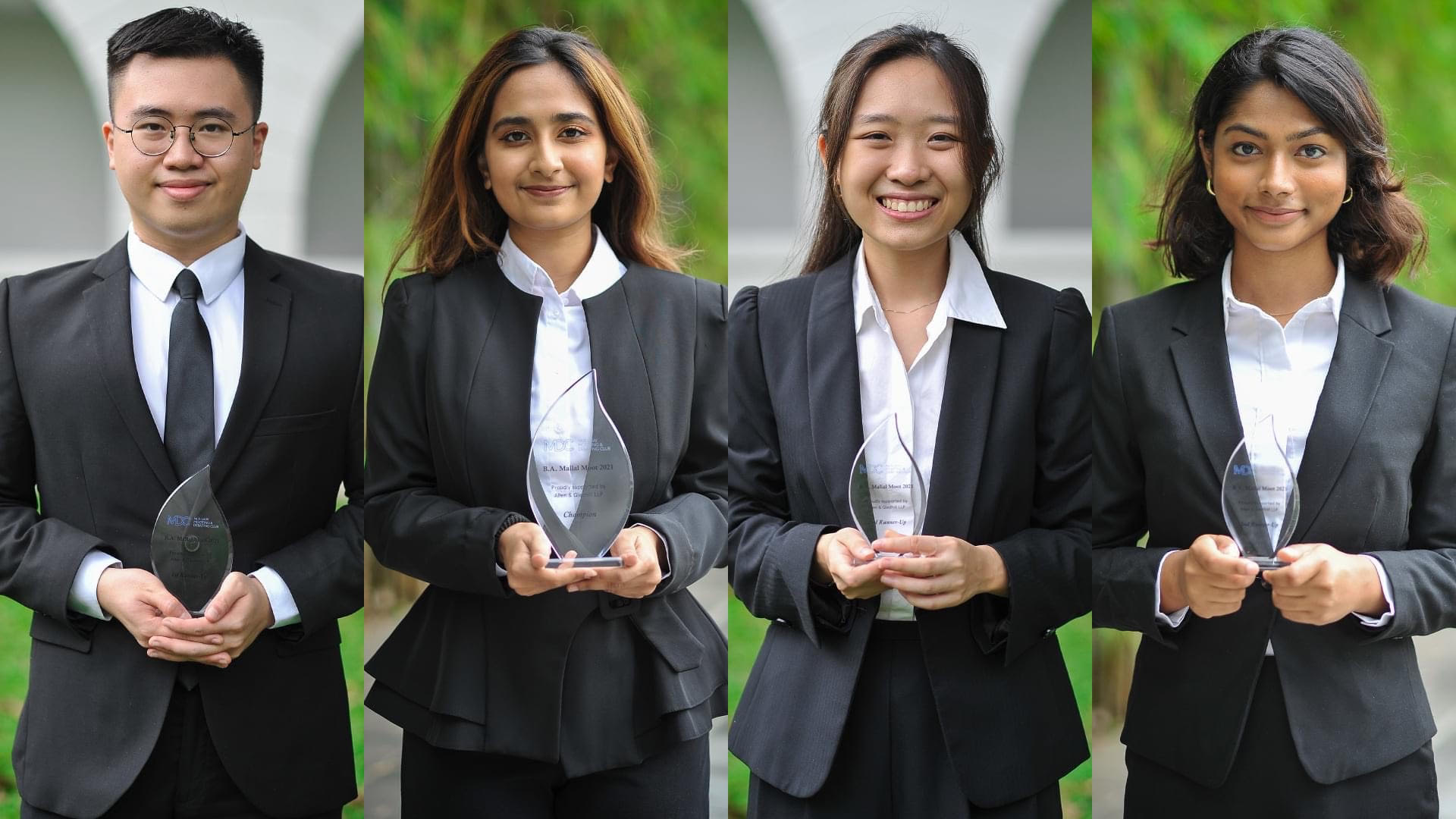
The NUS Law Mooting & Debating Club (MDC) is a student-led organization dedicated to promoting oratorical skills and the passion for mooting, debating and advocacy among law students. Many distinguished members of the legal profession, including senior counsel and judges, were once top mooters at NUS.

